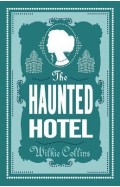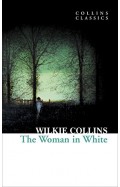Showing 1 to 2 of 2 (1 Pages)
Processing Order Please Wait
Once the process is finished,
you will be automatically
redirected to the order confirmation page.
Once the process is finished,
you will be automatically
redirected to the order confirmation page.


